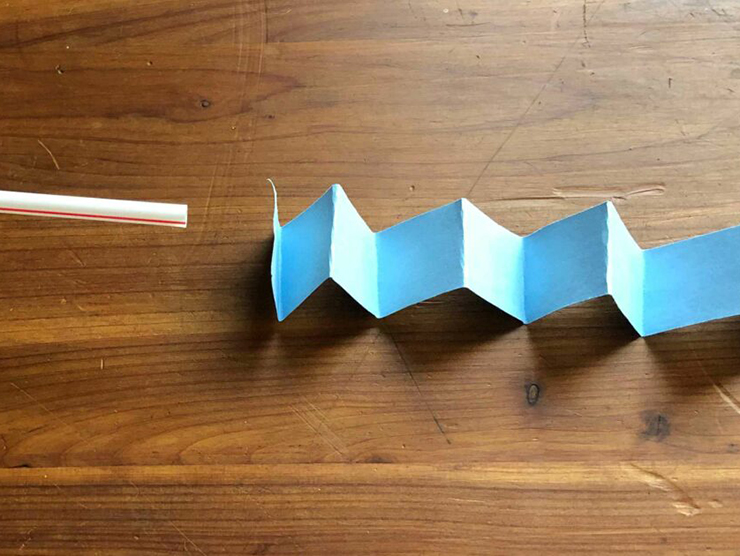It can be intimidating to walk into or back into a college classroom as an adult learner. Most feel some kind of apprehension or nervousness at the outset: Can I do this? Will I be in a classroom with 18 year olds? How long will this degree take me? Will I be in debt? How will I find time to complete my coursework and juggle family and work responsibilities?
Adult learners bring a wide variety of life experiences and a unique dynamic to the classroom. They use past experiences to make sense of course content and they tend to look for immediate applications for the material they're learning.
This perspective and knowledge-sharing is valuable to everyone in the classroom. In order to attract more adult learners, help them succeed, and create richer learning environments for all students, some colleges and universities now award college credit for work and life experiences. This is commonly referred to as Prior Learning Assessment.
This perspective and knowledge-sharing is valuable to everyone in the classroom. In order to attract more adult learners, help them succeed, and create richer learning environments for all students, some colleges and universities now award college credit for work and life experiences. This is commonly referred to as Prior Learning Assessment.
What is Prior Learning Assessment?
Learning happens everywhere whether it's military training, professional development, day-to-day work experience, volunteering, or self-directed. Prior Learning Assessment (PLA) is a way for students to earn college credit, outside of the classroom, for what they already know. In short, it's the evaluation of a student's knowledge set gained from work and life outside of an academic setting. This is not to say that students can simply bypass coursework. PLA is usually a detailed portfolio that demonstrates subject/skill mastery. It requires a student to reflect on skill sets, articulate knowledge in writing, and sometimes provide supporting examples. Some colleges and universities even have preparatory courses on how to create a PLA portfolio. Other schools refer students to organizations like the Council for Adult and Experiential Learning (CAEL)'s LearningCounts.org, an online portfolio assessment service.Credit-by-Examination: Getting College Credit for Work Experience
Yet, Prior Learning Assessment is not confined to one means of evaluation for work and life experiences. PLA may include other options, such as credit-by-examination:-
American Council on Education (ACE)
- ACE's Military Guide presents credit recommendations for formal courses and occupations offered by all branches of the military. The guide is published credit recommendations for formal instructional programs offered by non-collegiate agencies, both civilian employers and the military.
-
College-Level Examination Program (CLEP)
- CLEP helps students receive college credit for what they already know, for a fraction of the cost of a college course. Developed by the College Board, CLEP is the most widely accepted credit-by-examination program. It's available at more than 2,900 colleges and universities, contains 33 subject areas, can earn students anywhere from 3 to 12 credits per exam.
-
DSST (Formerly DANTES Subject Standardized Tests)
- DSST exams are credit-by-examination tests originated by the United States Department of Defense's Defense Activity for Non-Traditional Education Support program. The program is an extensive series of 38 examinations in college subject areas that are comparable to the final or end-of-course examinations in undergraduate college courses. These exams help students save time and money while accelerating graduation completion.
-
Excelsior College UExcel Examinations
- Students can earn college level credit in select subject areas by passing one of Excelsior College's UExcel proficiency exams. UExcel is offered in a computer-based format at thousands of test centers globally. Students are awarded Excelsior College credit that can be transferred to other colleges and universities.





